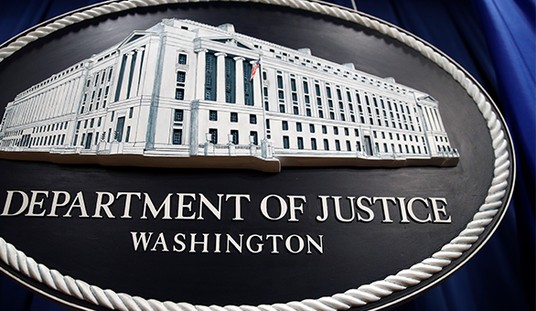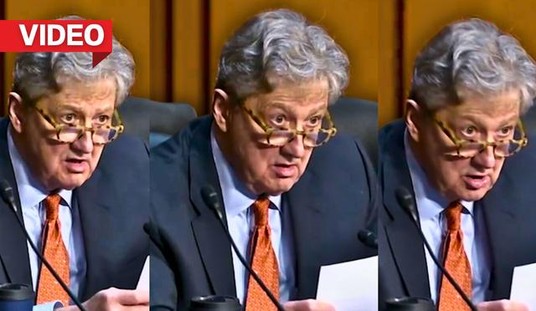The Republican senator's response to the "contraceptive mandate" -- as it has become known -- drew quick support from the Southern Baptist Ethics & Religious Liberty Commission as well as other pro-life and religious freedom organizations.
Rubio's bill would amend federal law to prevent any guidelines based on the 2010 health care reform law from requiring any person or organization to provide coverage of contraception or sterilization in violation of religious belief.
Under final guidelines announced Jan. 20, the Department of Health and Human Services (HHS) said the controversial 2010 law would require health plans and insurers to provide no-cost coverage of contraceptives, including those with abortion-inducing properties, and sterilizations as preventive services. The rule includes an exemption for most churches who oppose paying for such coverage on religious grounds.
Critics say the religious exemption is too narrow. It will not protect the conscience rights, they say, of such faith-based organizations as schools, hospitals and social service programs -- including some churches with social service programs.
The administration's "obsession with forcing mandates on the American people has now reached a new low by violating the conscience rights and religious liberties of our people," Rubio said in a written statement upon introducing the bill Jan. 30. "This is a common sense bill that simply says the government can't force religious organizations to abandon the fundamental tenets of their faith because the government says so."
Recommended
The measure -- the Religious Freedom Restoration Act, S. 2043 -- has 22 co-sponsors, all Republicans.
In addition to the Ethics & Religious Commission, the Becket Fund for Religious Liberty and Liberty Counsel are among organizations that have endorsed Rubio's proposal.
ERLC President Richard Land described the bill in a Jan. 31 letter to Rubio as "a necessary means to redress the ill-advised and harmful mandate ... that will force millions of Americans to violate their deeply held religious convictions. ..."
Rubio's legislation would "help ensure that health care reform does not undercut religious liberty," Land said.
The Roman Catholic Church has been especially strong in opposing the new regulation, which will affect its many hospitals, colleges and social service programs.
Many American Catholics heard a letter read in masses Jan. 28 and 29 that decried the rule's violation of religious liberty and urged parishioners to pray and fast, as well as to urge Congress to pass legislation to overturn the guideline, Business Insider reported. Priests read letters from bishops in such dioceses as New Orleans, Phoenix and Tampa, according to news reports.
The White House responded with a statement Feb. 1 that appeared to be an effort to thwart the growing criticism of the rule. In a blog post, Cecilia Munoz, director of the White House Domestic Policy Council, sought to clarify the rule's effect on religious institutions. Among what she described as the facts of the rule, she said, "Drugs that cause abortion are not covered by this policy." She cited RU 486 as an example of an abortion drug that is not covered.
The new HHS rule does cover drugs that can cause abortions, however. It requires all methods approved as contraceptives by the Food and Drug Administration to be included in a range of services offered to patients free of charge. Those FDA-endorsed contraceptives include ones that have abortion-causing properties -- emergency contraception, such as Plan B; the intrauterine device (IUD); and "ella."
Emergency contraception, also known as the "morning-after" pill, is basically a heavy dose of birth control pills. While the normally two-step process can restrict ovulation in a woman or prevent fertilization, it also can block implantation of the early embryo in the uterine wall. The latter effect would cause an abortion, pro-life advocates point out. An IUD also can prevent implantation.
Ella, though approved as emergency contraception by the FDA in 2010, is more closely related to the abortion drug RU 486, according to pro-life organizations. Like RU 486, it blocks production of the hormone progesterone, destroying the placenta that provides nutrition to the embryo and causing the tiny, unborn child's death, the American Association of Pro-life Obstetricians and Gynecologists says. Ella also can block implantation.
HHS made one concession in announcing its final rule in January, but religious freedom and pro-life advocates found it unacceptable. It granted an extra year for compliance with the rule to nonprofit employers who currently refuse to cover contraceptives in their insurance plans because of their religious beliefs. Those employers will have until Aug. 1, 2013, to abide by the requirement. The rule goes into effect Aug. 1 of this year for most other health plans.
While opposition to the rule has been portrayed as primarily Catholic in its origin, Land and other evangelical Christians also have strongly protested. In December, Land joined 60 others -- almost entirely evangelical Christians, plus two Jewish leaders -- in a letter to President Obama affirming they are deeply concerned about the "contraceptive mandate" and its weak exemption for religious employers.
Land also protested in a Sept. 30 submission to HHS the use of taxpayer funds in support of abortion drugs and the violations of religious liberty and freedom of conscience in the guidelines.
Tom Strode is the Washington bureau chief for Baptist Press. Get Baptist Press headlines and breaking news on Twitter (@BaptistPress), Facebook (Facebook.com/BaptistPress) and in your email (baptistpress.com/SubscribeBP.asp).
Copyright (c) 2012 Southern Baptist Convention, Baptist Press www.BPNews.net

























Join the conversation as a VIP Member